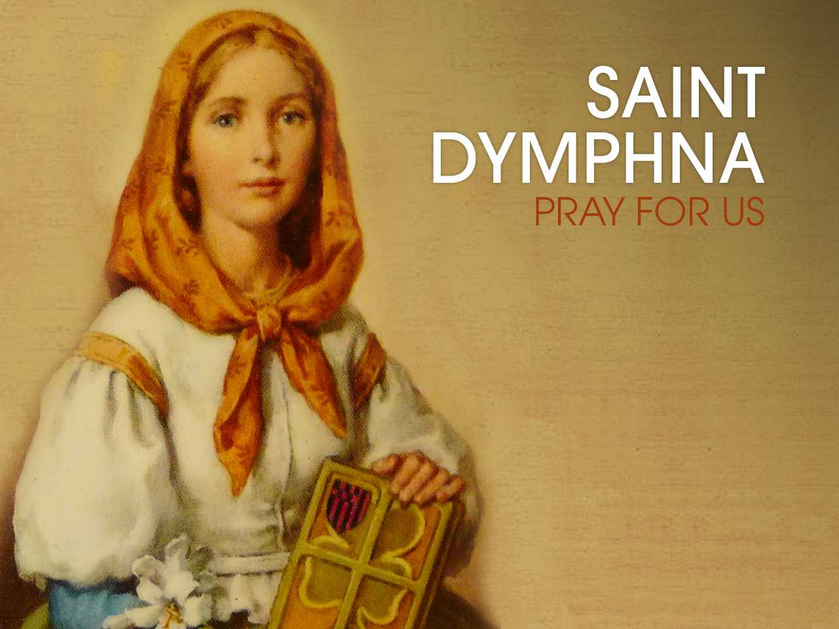Quote of the Day
"Have patience with all things, but chiefly have patience with yourself. Do not lose courage in considering your own imperfections, but instantly set about remedying them, every day begin the task anew."
St. Francis de Sales
Today's Meditation
“Many Christians regard Confession in the light of an unimportant act of piety, if not mere ceremony . . . many go even frequently to Confession, but so few amend, and consequently derive little or no benefit from the Sacrament. … Be, then, most thoroughly convinced of the immense importance of this Sacrament, and be filled with an earnest desire of approaching it worthily, bestowing the utmost care and attention upon your preparation for this great duty, if you desire to obtain eternal salvation. Confession is one of the seven Sacraments instituted by Christ; it is called the Sacrament of Penance, and by its means alone can he who has committed mortal sin after Baptism hope to save his soul; therefore it is called by the holy Council of Trent: the second plank after shipwreck. In this Sacrament Jesus Christ has deposited His Precious Blood, that it may be to our souls as a salutary bath wherein they may be cleansed from all the stains of sin, their wounds closed, their maladies cured, their weakness strengthened, and grace unto salvation imported to them. This Divine Blood is dispensed to us by the priest in the holy absolution, and is abundantly poured forth upon all souls approaching the tribunal of confession with proper dispositions.”
—Fr. Ignatius of the Side of Jesus, p. 284-285
Daily Verse
"For I know that my Redeemer lives, and at last he will stand upon the earth; and after my skin has been thus destroyed, then from my flesh I shall see God."
Job 19:25-26
St. Dymphna
Saint of the Day
St. Dymphna (7th c.) was the daughter of a pagan Irish chieftain and a beautiful Christian noblewoman. Dymphna was raised as a Christian, and she consecrated her virginity to Christ at a young age. Dymphna's father loved his wife deeply. When her mother died, Dymphna's father was so overcome with grief that he became mentally unstable. Unable to find another suitable wife of equal character and beauty to his first wife, he attempted to marry Dymphna due to her close resemblance to her mother. Upon learning of his wicked plan, Dymphna fled across the sea into Belgium along with her tutor and confessor, Father Gerebran. Her father pursued them and eventually discovered their location by tracing the foreign money they used along the way. He killed Dymphna's confessor and pleaded with his daughter to return with him to Ireland to be his wife. When she refused, he cut off her head in a mad rage. St. Dymphna's church still stands on the place of her burial near Antwerp. There have been numerous accounts of those afflicted with epilepsy and mental illness visiting her tomb and receiving miraculous cures through her intercession. Because of this, St. Dympha is the patroness of those suffering from mental and neurological disorders and illnesses, as well as of mental health professionals. Her feast day is May 15th.



















